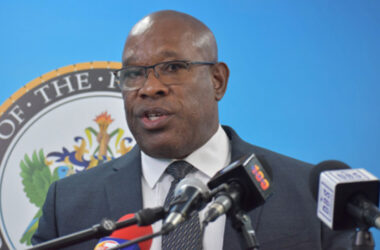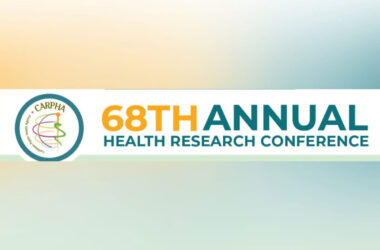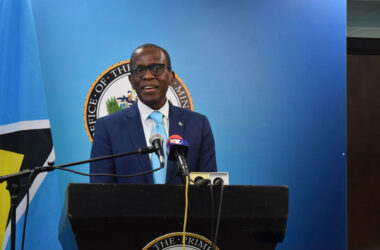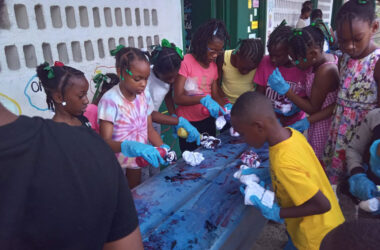THE OECS/USAID Early Learners Programme (ELP) within the Education Development Management Unit of the OECS Commission hosted a training workshop for 50 key Literacy team members within the education sector including National Focal Points and ELP Coordinators from Antigua and Barbuda, The Commonwealth of Dominica, Grenada, Saint Lucia, St Kitts and Nevis and St Vincent and the Grenadines.
This training took place from January 23rd to 24th, 2020 in Saint Lucia and focussed on improving the in-classroom execution of the Formative Assessment of Early Grade Reading throughout the OECS.
A key component of ELP implementation is the development and administration of the Formative Assessment of Early Reading (FAER). FAER is a multi-genre, multi cognitive level silent reading comprehension assessment administered by the teacher to the entire class during the time already scheduled for literacy instruction. Results of the FAER inform curriculum-based instruction and pedagogy known to enhance reading achievement. An individualized Formative Reading Assessment provides the teachers with the student’s instructional reading level, as well as their use of text processing cues and strategies.
From this, the teacher chooses engaging texts and designs differentiated instruction that builds on each student’s level of reading achievement. The teacher continually monitors student progress and uses this information to make instructional decisions that respond to and build on student learning.
According to ELP Reading Specialist – Lisa Sargusingh-Terrance, “While this process is a complex change for some teachers, it has begun in each of the six participating countries. Attendance at this workshop has further strengthened the purpose and role of assessment informed instructional practices as the National Focal Points and the ELP Coordinators revisited the initiative, discussing how to overcome systemic challenges to advancing the successful administration of the Formative Assessment of Early Reading, which is one of the key initiatives of the Early Learners Programme.
Further, the workshop successfully focused on the Literacy expert’s experience with the administration and implementation, highlighting and practicing the techniques to enhance the administration, score, interpret and act on Oral Reading Records, which we believe will lead to a greater understanding of student responsive differentiated instruction and ensure that Every Learner Succeeds”.
The Literacy Leaders who attended the workshop are expected to return to their respective countries and provide support to the teachers and additional training in FAER to ensure that the students in the early grades of Kindergarten to Grade 3 are getting the individualized FAER assessment and programming as it relates to reading instruction.













